Twenty-one states, led by Kentucky Attorney General Daniel Cameron, have lodged a complaint against the Biden administration, challenging a new rule that mandates states to create emission standards and report their progress to the federal government.
Republicans Concerned About Impact on Rural Areas

The rule, set to take effect on January 8, has sparked concerns among Republican attorneys general who argue that it is unconstitutional and could disproportionately impact rural areas.
Mandate for State Emission Standards

The new rule requires state departments of transportation to establish declining carbon dioxide (CO2) targets and report on their progress. It sets the stage for regulating greenhouse gas emissions, but Republican attorneys general assert that Congress has not granted the Department of Transportation or Federal Highway Administration the authority to do so.
Read More: Media Bias in Biden Coverage Draws Widespread Condemnation, New Survey Reveals
Violation of Federalism Principles
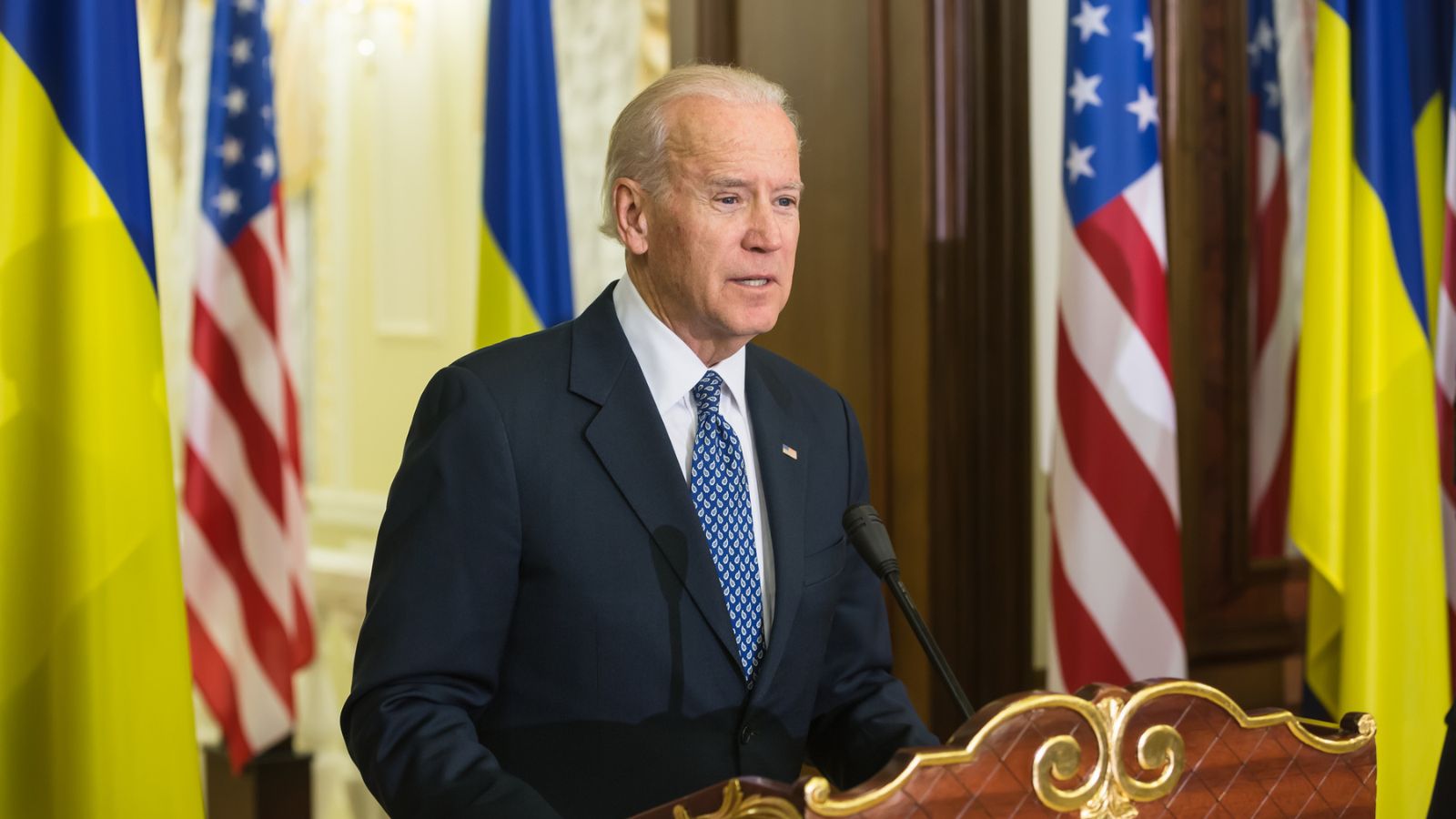
The joint complaint, filed by the states, targets President Biden, Transportation Secretary Pete Buttigieg, and others, alleging that the rule infringes upon federalism principles. Kentucky Attorney General Daniel Cameron argues that President Biden is pushing his climate agenda through administrative agencies without proper congressional authority.
States’ Assertion

The complaint stresses that Congress has not conferred regulatory authority over greenhouse gas emissions to the Federal Highway Administration or the Department of Transportation. It also challenges the ability of these agencies to compel states to administer a federal regulatory program without the necessary authority.
Unlawful Regulation
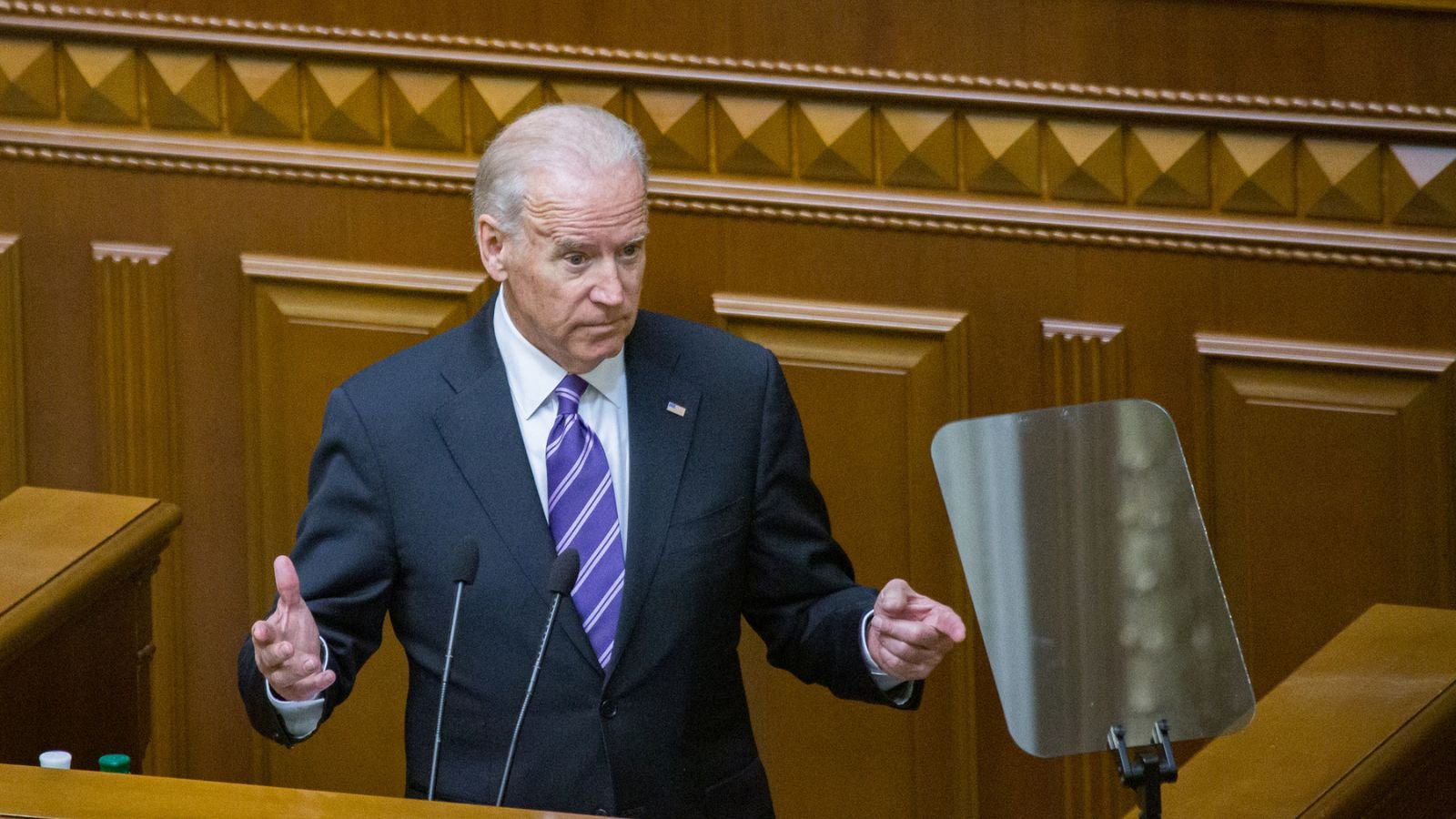
Montana Attorney General Austin Knudsen characterizes the rule as an unlawful and overreaching regulation by the Biden administration. He argues that it attempts to impose a one-size-fits-all approach on states, disregarding potential economic costs and impacts.
Also Read: Trump’s Gag Order Appeal Gets Rejected
Critics of the Rule

Critics argue that the rule, while aimed at addressing climate concerns, may not consider the unique circumstances and needs of individual states. They contend that state governments should have greater discretion in addressing emissions targets.
Concerns Over Impact on Rural Areas
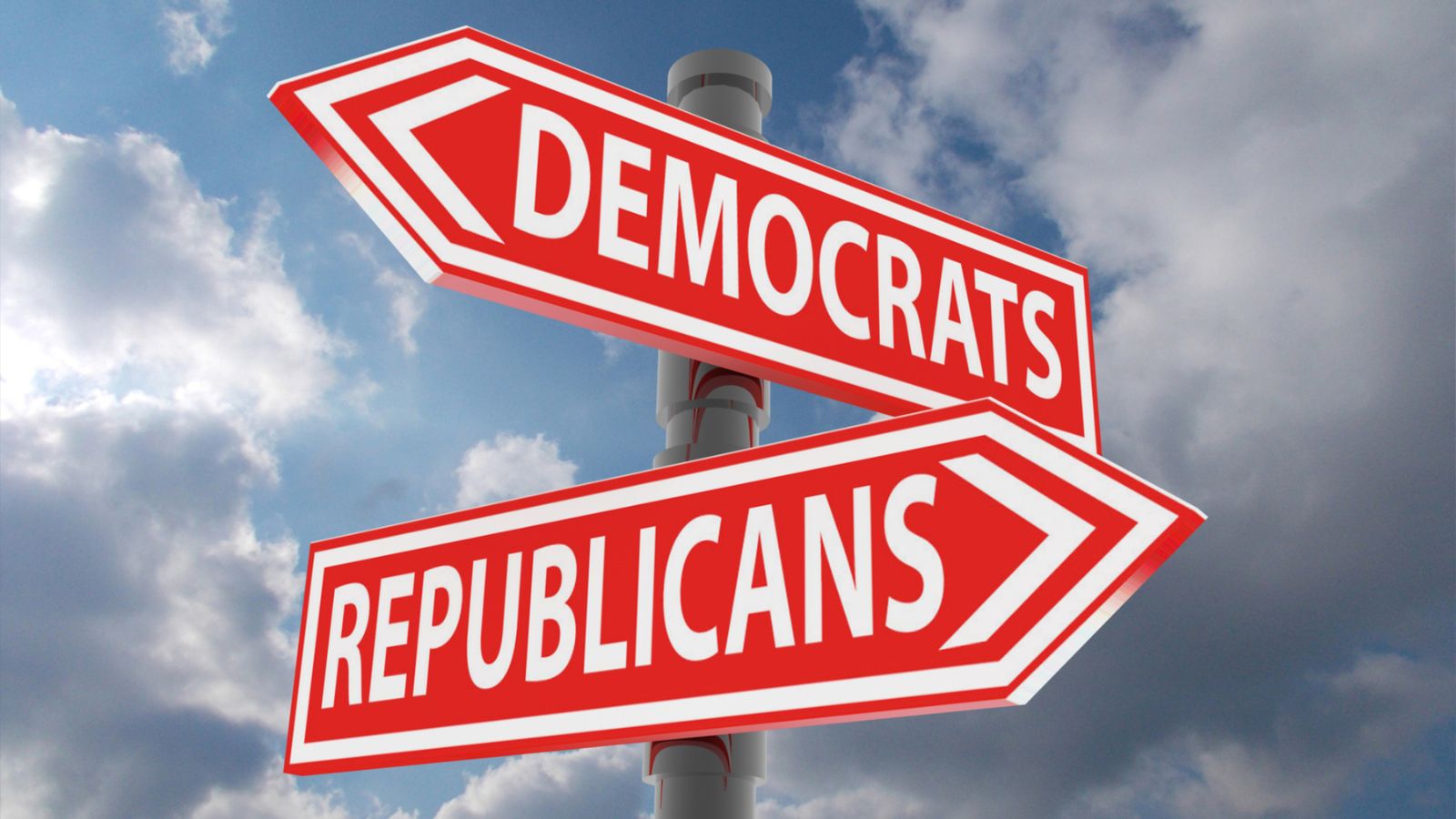
Republican attorneys general express concerns that the rule’s impact could be disproportionately felt in rural areas, where the transportation landscape and emissions challenges differ from urban areas.
Federalism and Constitutional Principles

The complaint rests on the principle of federalism, emphasizing the division of powers between the federal government and states. It asserts that the Biden administration’s climate agenda should be subject to the legislative process rather than unilateral regulatory actions.
Read Next: NYT Corrects Hunter Biden Quote Amidst Backlash For “Illiberal Bias”
Montana’s Stance
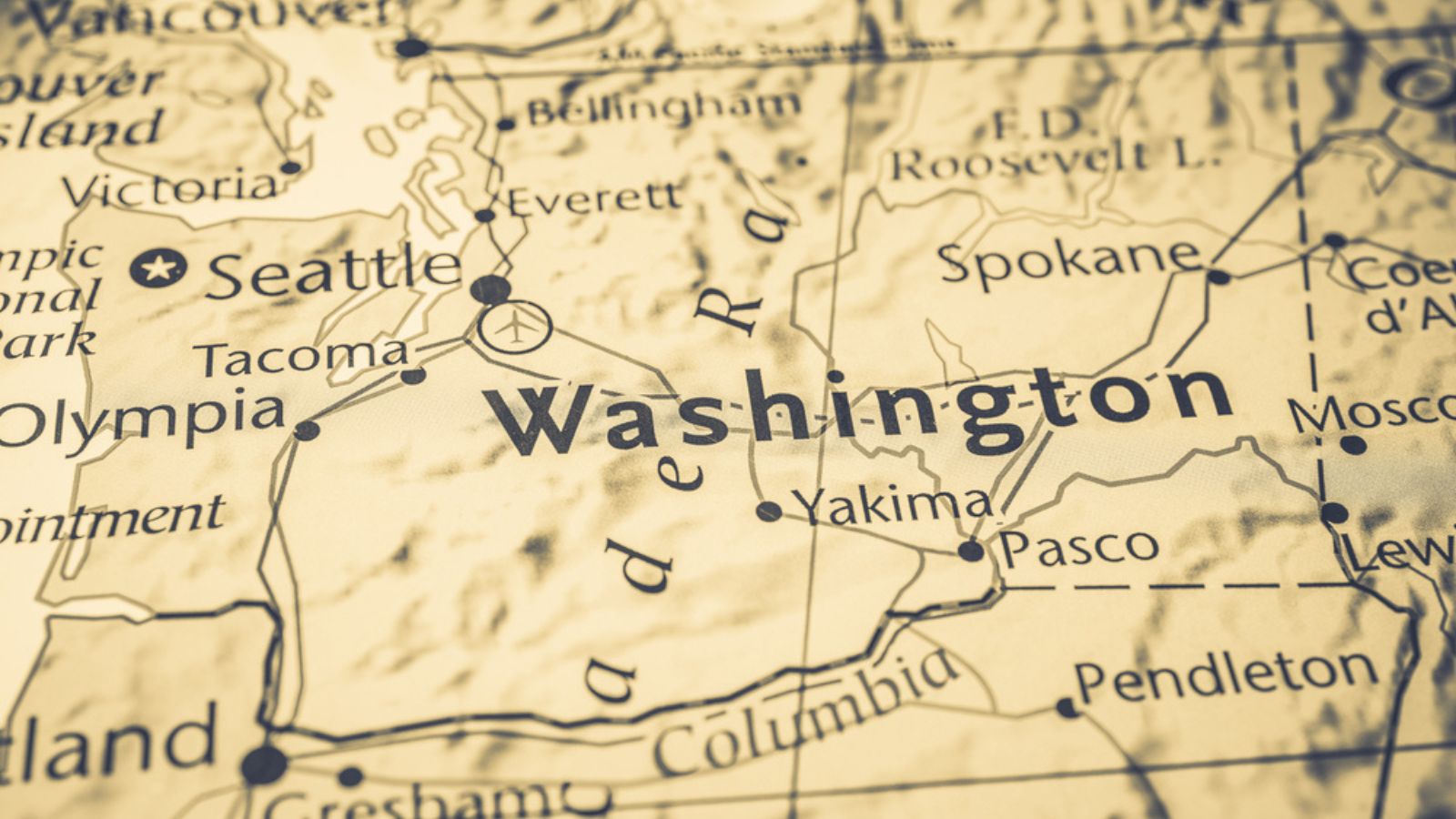
Montana Attorney General Knudsen argues that the rule may be well-suited for Washington, D.C., but it may not align with the needs and circumstances of Montana. He underscores the importance of preserving state autonomy in addressing climate concerns.
Legal Challenge

The legal challenge highlights the ongoing debates surrounding climate policy and the balance between federal authority and state autonomy in addressing environmental issues.
One-Size-Fits-All Approach

Critics contend that the rule’s approach does not account for the diversity of states and their unique challenges in reducing emissions, potentially leading to unintended consequences.
Read More: Federal Judge Blocks California Law Restricting Guns in Public Places
Environmental Concerns

While the rule aims to address environmental concerns, its legality and impact on states’ rights will be a subject of legal scrutiny in the coming months.
Costs and Impacts

Opponents of the rule argue that it could have financial and regulatory implications for states and may not adequately consider the economic costs of implementation.
Awaiting Legal Resolution
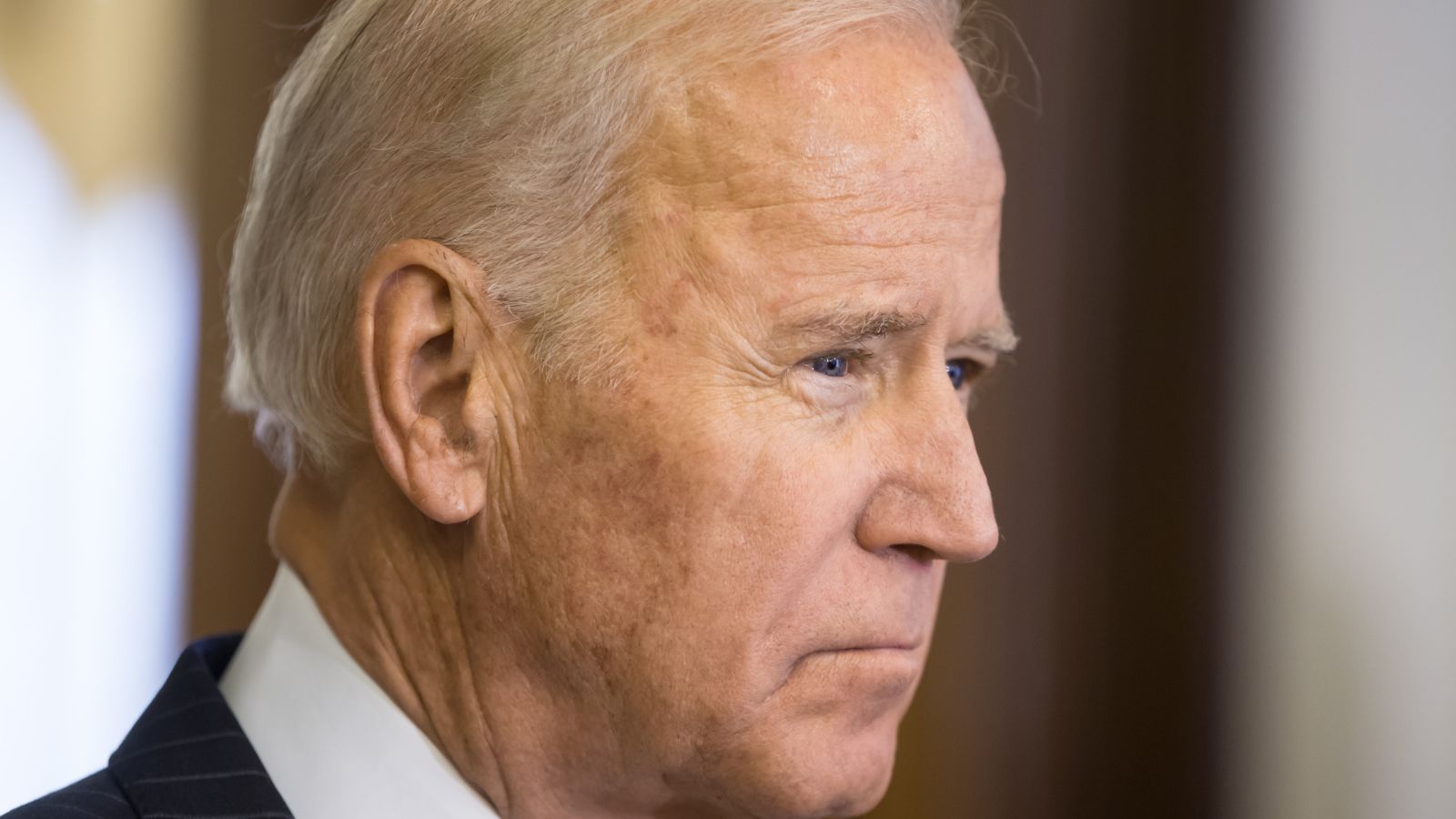
As the legal challenge unfolds, the Biden administration’s climate policies face scrutiny, with states asserting their constitutional rights in addressing emissions targets.
Read More: Gun Suicides in the United States Hit Record High in 2022, CDC Reports
Impact on Climate Agenda

The outcome of this legal battle could have broader implications for the Biden administration’s climate agenda and its ability to advance environmental policies through regulatory measures.
More from The Stock Dork – Biden Administration Faces Criticism Over Exemptions in EV Tax Credit Rule

More from The Stock Dork – Court Limits Biden Administration’s Changes to Family Planning Program, Allowing Funding for Abortion Referrals

More from The Stock Dork – Russia’s Lavrov Asserts Unchanging Goals in Ukraine at Security Talks


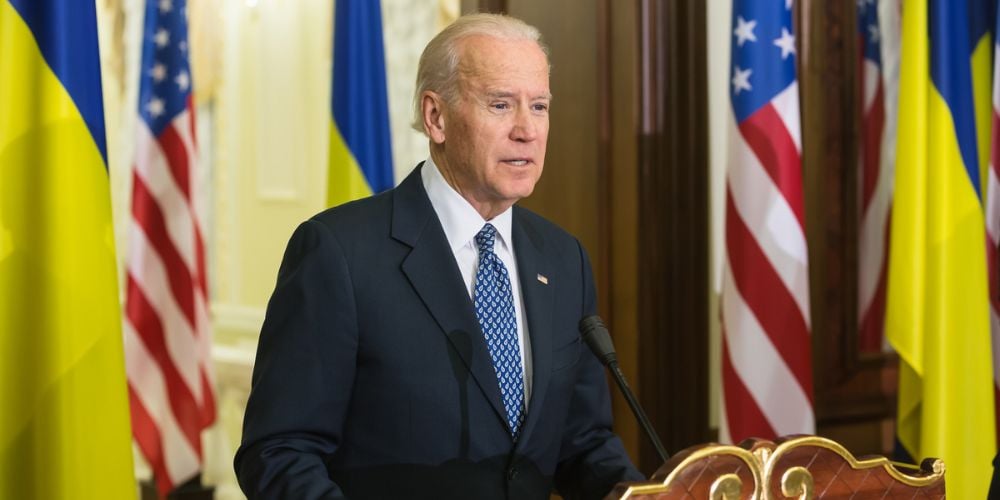


 Tags:
Tags:










